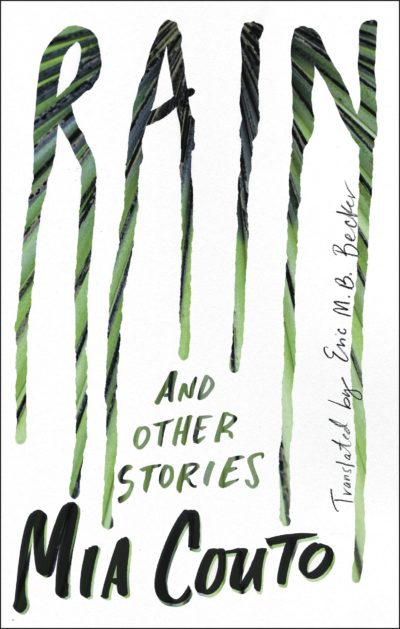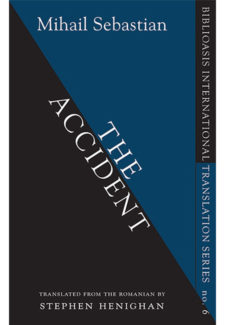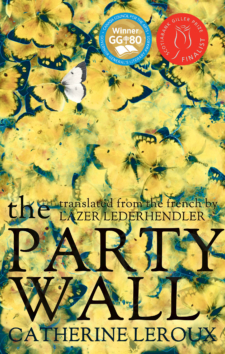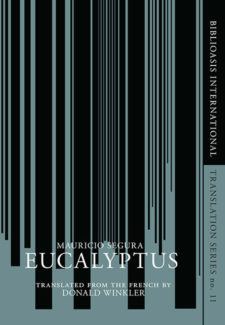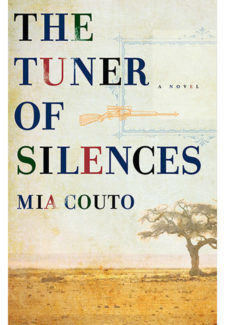Description
After the war, I thought all that was left was ashes, hollow ruins . . . Today, I know that’s not true. Where man remains, a seed, too, survives, a dream to inseminate time.
Published in the aftermath of Mozambique’s bloody civil war, Mia Couto’s third collection seeks out the places violence could not reach, the places where, the author writes, “every man is the same: pretending he’s here, dreaming of going away, and plotting his return.” Shifting masterfully between forms—creation tale to meditation, playful comedy to magical twist—these stories grapple with questions of what’s been lost and what can be reclaimed, what future exists for a country that broke the yoke of colonialism only to descend into internecine war, what is Mozambican and what is Mozambique. Following fishermen and fortune-tellers, widows and drunks, and one errant hippopotamus, this new translation of stories by the Man Booker-listed author of Confession of the Lioness rediscovers possibility and what it means to be reborn.
Finalist for the 2015 Man Booker International Prize
Winner of the Neustadt Prize for Literature, 2014
Winner of the Camões Prize for Literature, 2013
PRAISE FOR MIA COUTO
“Mia Couto’s stories of civilisation and barbarity are told through a language that is precise and profound; he weaves together the living tradition of legend, poetry and song.” —International Man Booker shortlist jury citation
“On almost every page … we sense Couto’s delight in those places where language slips officialdom’s asphyxiating grasp.”—The New York Times
“[Couto is] a brilliant aphorist. There are countless sentences that … have the weight and wisdom of ancient proverbs.” —The Wall Street Journal
“Even in translation, his prose is suffused with striking images.”—The Washington Post
“Couto’s narrative tone, at once deadpan and beguiling, and his virtuoso management of time place him alongside the best Latin American magic realists.” —Times Literary Supplement
“Quite unlike anything else I have read from Africa.”—Doris Lessing
Mia Couto, long regarded as one of the leading writers in Mozambique, has now been recognized as one of the greatest living writers in the Portuguese language … [He] cracks open a welcoming window onto a vast world of literary pleasures that has for too long remained under the radar in the English-speaking world.”—Philip Graham, The Millions

